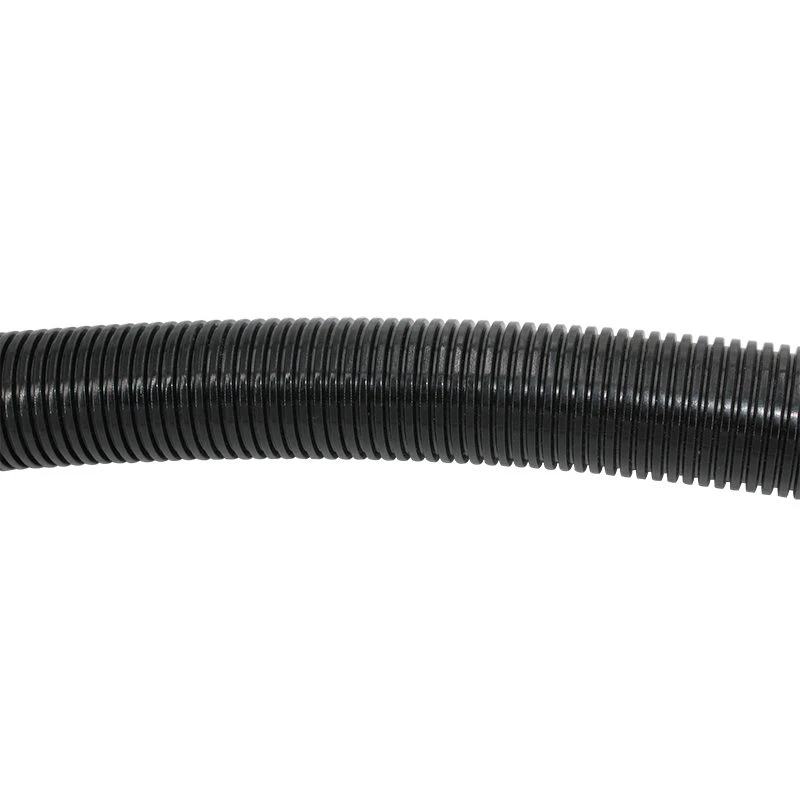Versatile Cable Management Solutions for Improved Mobility and Efficiency in Various Applications
Understanding the Flexible Cable Carrier An Essential Component for Modern Machinery
In the realm of modern machinery and automation, the flexible cable carrier, often referred to as a drag chain or energy chain, plays a pivotal role in ensuring the efficient and safe operation of various mechanical systems. These innovative devices are designed to protect and guide cables and hoses as they move with the machine’s moving parts. This article explores the significance, construction, applications, and benefits of flexible cable carriers, shedding light on why they are indispensable in today’s industrial landscape.
What is a Flexible Cable Carrier?
A flexible cable carrier is a type of mechanical system that houses and organizes cables, wires, and hoses in an array of industrial machines. It is constructed from durable materials such as plastic or metal, allowing for flexibility and resistance to various environmental factors. The primary function of a cable carrier is to enable the safe and efficient movement of cables, preventing wear and tear caused by constant bending, twisting, and strain during machine operation.
Construction and Design
Flexible cable carriers typically consist of a series of links connected to form a chain-like structure. These links can vary in shape and size depending on the application and the number of cables or hoses they need to accommodate. A typical design includes inner dividers that help organize the individual cables, ensuring that they do not tangle or damage each other.
Moreover, cable carriers come in different configurations, including open or closed designs. Open carriers allow for easy access to the contained cables for maintenance and replacement, while closed carriers provide better protection from environmental factors like dust, debris, and moisture. This versatility allows engineers to select the appropriate type based on specific operational needs.
Applications of Flexible Cable Carriers
The applications of flexible cable carriers are vast and varied, impacting numerous industries. They are commonly used in
1. Manufacturing Equipment In automated manufacturing settings, cable carriers guide the cables and hoses for robotic arms, CNC machines, and conveyor systems.
2. Construction Machinery Heavy equipment such as cranes and excavators utilize these carriers to manage hydraulic hoses and electric cables, ensuring smooth movement during operation.
flexible cable carrier

4. Textile and Printing Machines In industries where machinery requires precise control of cables and hoses, cable carriers help ensure the longevity and reliability of the machinery.
5. Medical Devices High-tech medical equipment often involves extensive cabling and tubing, and flexible carriers are crucial for maintaining functionality while protecting sensitive components.
Benefits of Using Flexible Cable Carriers
The widespread adoption of flexible cable carriers can be attributed to their numerous benefits
- Protection They shield cables and hoses from mechanical damage, environmental hazards, and potential abrasion, significantly extending the lifespan of these components.
- Organization By keeping cables organized and neatly arranged, flexible cable carriers prevent tangling and facilitate easier maintenance and troubleshooting.
- Space Efficiency These carriers allow for space-saving designs in machinery, enabling more compact setups without compromising functionality.
- Reduction in Wear and Tear By promoting smooth movement and preventing excessive bending, cable carriers minimize wear and tear on cables, reducing the risk of electrical failure.
- Improved Safety Organized and protected cables reduce the risk of accidents and injuries in the workplace, enhancing overall safety for operators and maintenance personnel.
Conclusion
In conclusion, flexible cable carriers are an essential component of modern machinery, playing a critical role in ensuring the efficient and safe operation of various industrial applications. Their robust design, combined with their protective and organizational functions, makes them indispensable in today’s fast-paced manufacturing and automation environments. As industries continue to evolve and pursue greater efficiency, the importance of flexible cable carriers will only continue to grow, solidifying their place as a foundational technology in modern engineering. Embracing these systems allows businesses to enhance productivity, ensure safety, and maintain the integrity of their machinery for years to come.








